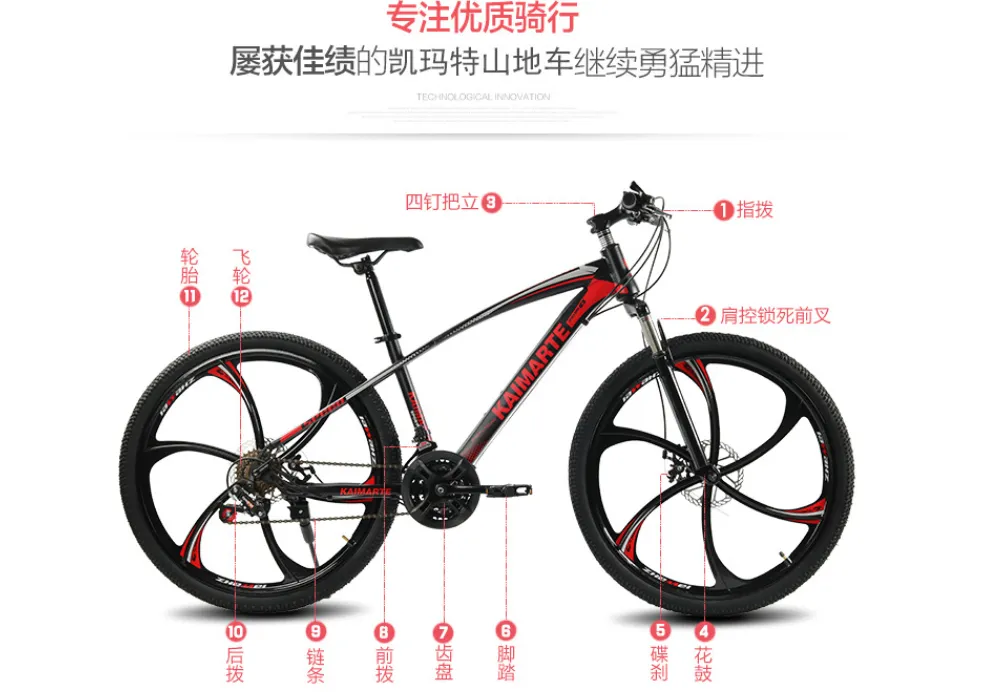
- Afrikaans
- Albanian
- Amharic
- Arabic
- Armenian
- Azerbaijani
- Basque
- Belarusian
- Bengali
- Bosnian
- Bulgarian
- Catalan
- Cebuano
- Corsican
- Croatian
- Czech
- Danish
- Dutch
- English
- Esperanto
- Estonian
- Finnish
- French
- Frisian
- Galician
- Georgian
- German
- Greek
- Gujarati
- Haitian Creole
- hausa
- hawaiian
- Hebrew
- Hindi
- Miao
- Hungarian
- Icelandic
- igbo
- Indonesian
- irish
- Italian
- Japanese
- Javanese
- Kannada
- kazakh
- Khmer
- Rwandese
- Korean
- Kurdish
- Kyrgyz
- Lao
- Latin
- Latvian
- Lithuanian
- Luxembourgish
- Macedonian
- Malgashi
- Malay
- Malayalam
- Maltese
- Maori
- Marathi
- Mongolian
- Myanmar
- Nepali
- Norwegian
- Norwegian
- Occitan
- Pashto
- Persian
- Polish
- Portuguese
- Punjabi
- Romanian
- Russian
- Samoan
- Scottish Gaelic
- Serbian
- Sesotho
- Shona
- Sindhi
- Sinhala
- Slovak
- Slovenian
- Somali
- Spanish
- Sundanese
- Swahili
- Swedish
- Tagalog
- Tajik
- Tamil
- Tatar
- Telugu
- Thai
- Turkish
- Turkmen
- Ukrainian
- Urdu
- Uighur
- Uzbek
- Vietnamese
- Welsh
- Bantu
- Yiddish
- Yoruba
- Zulu
Dec . 11, 2024 03:13 Back to list
how to fix a bent derailleur on a mountain bike
How to Fix a Bent Derailleur on a Mountain Bike
If you are an avid mountain biker, you are undoubtedly familiar with the occasional mishaps that can occur during your rides. One of the most common issues is a bent derailleur, which can result from a crash, hitting a rock, or even leaning your bike against a wall too hard. A malfunctioning derailleur can lead to skipping gears, chain misalignment, and an overall frustrating riding experience. Fortunately, fixing a bent derailleur is a task that most bikers can handle with a little patience and the right tools. In this article, we will guide you through the process of assessing and fixing a bent derailleur on your mountain bike.
Understand the Components
Before you start fixing your derailleur, it’s vital to understand how it functions. The derailleur is a mechanism that moves the chain from one gear to another. It consists of two main parts the upper and lower jockey wheels, along with several springs and a parallelogram structure. When the derailleur is bent, the alignment can be thrown off, leading to improper shifting and bike performance issues.
Assess the Damage
The first step in fixing a bent derailleur is to assess the damage. Look closely at the derailleur to see if it is visibly bent. You can check the alignment by sighting down the chainline from the back of the bike. The derailleur should align with the cog set and chain rings. If it appears crooked, it may be bent.
Next, inspect the hanger, which is the part that attaches the derailleur to the bike frame. If the hanger is also bent, you will need to address that as well. A bent hanger will often lead to the derailleur being misaligned, making it more challenging to fix the derailleur itself.
Gather Tools
Before beginning the repair, gather the necessary tools. You will typically need
- A 5mm Allen wrench - A crescent wrench or pliers (if needed for specific adjustments) - A derailleur hanger alignment tool (optional but recommended) - A chain tool (in case you need to remove the chain)
Adjusting a Bent Derailleur
how to fix a bent derailleur on a mountain bike

1. Loosen the Derailleur Use the 5mm Allen wrench to loosen the screws holding the derailleur in place. This will allow you to make adjustments without damaging the bike.
2. Realign the Derailleur Gently but firmly, bend the derailleur back into its proper position. This may require some strength, so be cautious not to apply too much pressure as you could break it.
3. Inspect the Hanger If the derailleur itself is still not aligning properly, you may need to check the hanger. Use the hanger alignment tool, inserting it into the derailleur mounting hole. If the alignment tool touches the chainstay, it indicates that the hanger is bent. Carefully bend the hanger back into alignment.
4. Test the Alignment Once you believe the derailleur is straightened, re-tighten the screws and check the alignment again. You should still be able to see a straight line from the derailleur to the gears. If necessary, repeat the bending and realignment process.
Fine-Tuning the Derailleur
After aligning, it’s time to fine-tune the derailleur adjustments. Begin by ensuring the limit screws are correctly set. Adjust the high and low limit screws to ensure the chain doesn’t derail from the outermost gears.
Next, test the shifting by manually cycling through the gears to ensure smooth transitions. Make minor adjustments to the cable tension using the barrel adjuster if necessary.
Final Checks
Once you've finished adjusting, take your bike for a short test ride. Listen for any unusual noises that can indicate the derailleur is still misaligned. A properly functioning derailleur should facilitate smooth gear shifts without excess noise or grinding.
Conclusion
Fixing a bent derailleur is not as intimidating as it may seem. With a bit of practice and the right tools, you can restore your mountain bike to optimal performance. Remember to always conduct regular maintenance checks on your bike to catch potential issues before they grow into larger problems. Happy riding!
-
The Ultimate Kids' Four-Wheeler Experience
NewsJul.09,2025
-
The Ultimate Guide to Mountain Bikes: Gear Up for Your Ride
NewsJul.09,2025
-
The New Age of Cycling: Electric Bikes for Every Rider
NewsJul.09,2025
-
The Best Kids Bicycles: Ride in Style and Safety
NewsJul.09,2025
-
The Best 3-Wheel Scooters for Kids: Fun, Safety, and Adventure
NewsJul.09,2025
-
Revolutionize Your Ride: Affordable Electric Bikes
NewsJul.09,2025
-
Finding the Perfect Mountain Bike for Every Rider
NewsJul.09,2025



